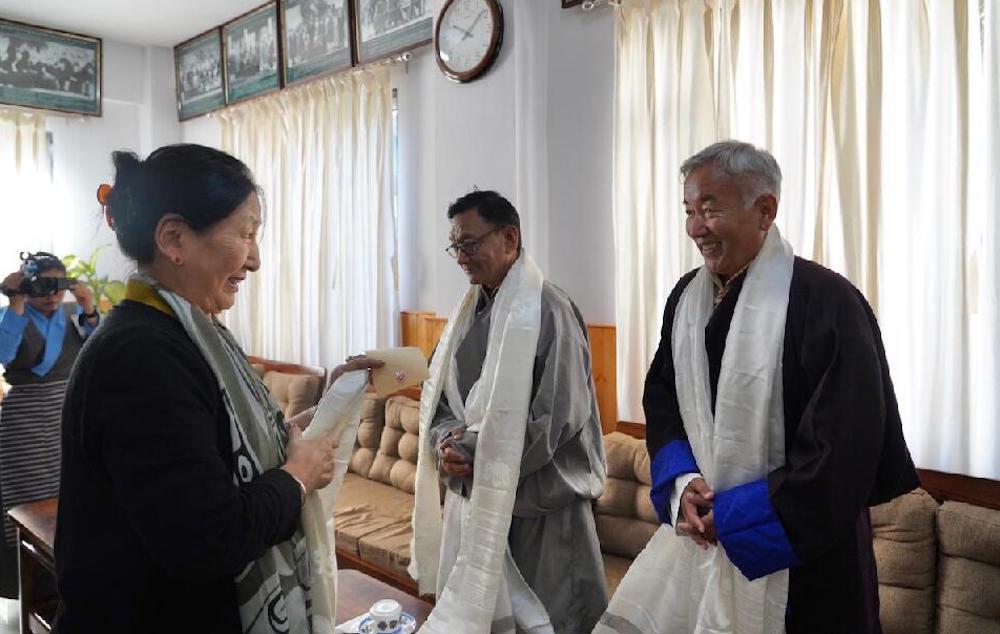Tenzin Nyidon
DHARAMSHALA, Oct. 8: Tibetan and Himalayan residents of New York City on September 28 testified before the City Council, advocating for an Alternate Side Parking (ASP) holiday to recognise Losar, the Tibetan Buddhist New Year. Around 25 representatives from various organisations, including the Tibetan Community of New York and New Jersey, the United Sherpa Association, Lo Nyamship Association, and the Walung Community of North America, delivered testimonies during the public hearing.
The legislation, Intro 100, introduced by Council Member Julie Won (D-Queens) and supported by 25 co-sponsors, seeks to recognise Losar, the Tibetan Buddhist New Year, as an official holiday where ‘Alternate Side Parking’ (ASP) rules are suspended in New York City. The bill aims to add Losar to the city’s list of holidays that already include exemptions for specific legal and religious observances important to various ethnic and religious communities.
ASP is a system that requires vehicles to be moved from designated streets to allow for routine street cleaning. While essential for maintaining city cleanliness, these parking restrictions can impose challenges for residents observing cultural or religious holidays. The City of New York currently suspends ASP rules on select holidays, such as Yom Kippur, Eid, and Diwali, to accommodate the religious practices of diverse communities.
Tenzin Dorjee, a lecturer in political science at Columbia University and a well-known Tibet activist, delivered testimony supporting the proposed legislation to add Losar to New York City’s ASP suspension calendar. Speaking before the City Council, Dorjee highlighted the significance of Losar for nearly 100,000 people in New York, including Tibetans, Mongolians, Nepalese, Ladakhis, Sherpas, Monpas, Kalmyks, and other Buddhist communities. He stressed that instead of focusing on prayers and festivities, community members are often forced to worry about moving their cars during the celebrations.
“Many members of our community are essential workers who have kept the city going through its toughest times, including the pandemic, on so many levels,” Dorjee said. “The least we can do is offer them the peace of mind to celebrate Losar without interrupting their prayers, without having to leave a family gathering just to move their cars, and without spending half an hour searching for parking.”
Dorjee emphasised that the bill represents more than just a parking holiday—it is a gesture of respect and inclusion for a community that contributes to the city’s rich cultural diversity. “By declaring Losar a street cleaning holiday we are acknowledging the contribution of a diverse community that has given so much to the City,” he concluded.
If passed, Intro. 100, would be one of the most significant municipal laws recognising the Tibetan-American community and their civic participation in the United States.
Council Member Won, whose office includes a sizeable Tibetan and Himalayan population, including Bhutanese, Sherpas, Lowas, Sikkimese, Monpas, and more emphasised that the legislation will bring recognition to her Himalayan constituents. “Losar is the most important holiday for my Tibetan and Himalayan neighbours across the city. Intro. 100 will ensure that they can enjoy their celebrations without the disruption of moving their cars or worrying about being towed,” said Council Member Julie Won. “Suspending Alternate Side Parking on Losar is another way that we can honour our neighbours’ religious practices and time with their families.”









